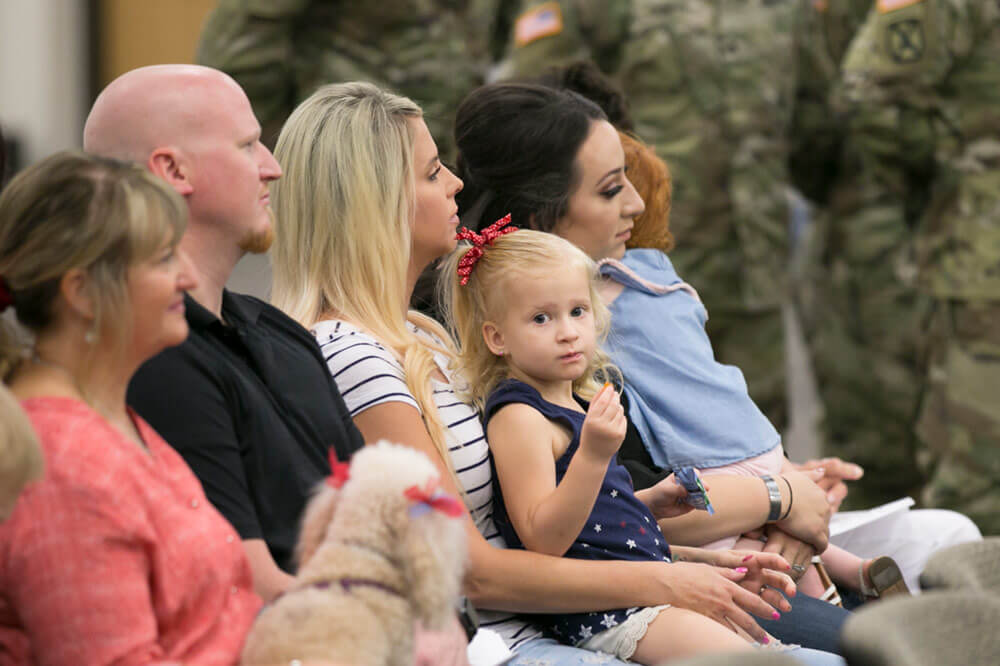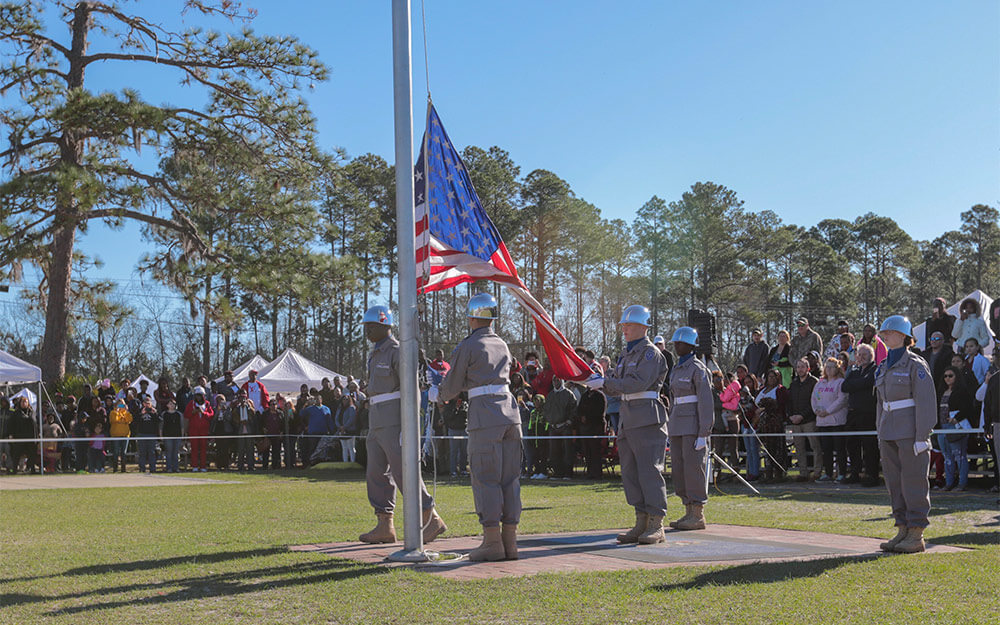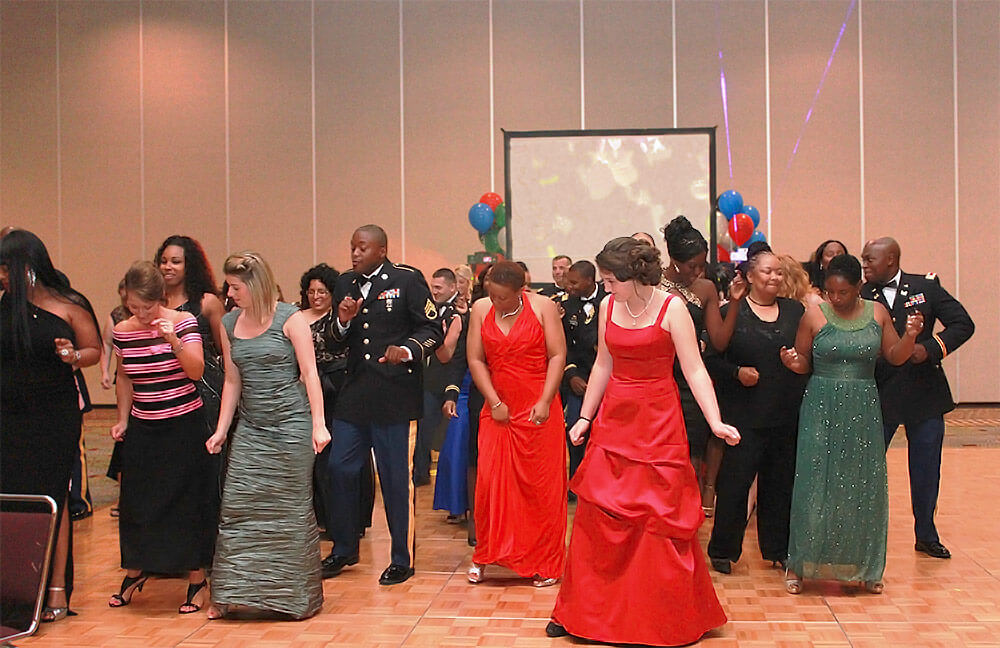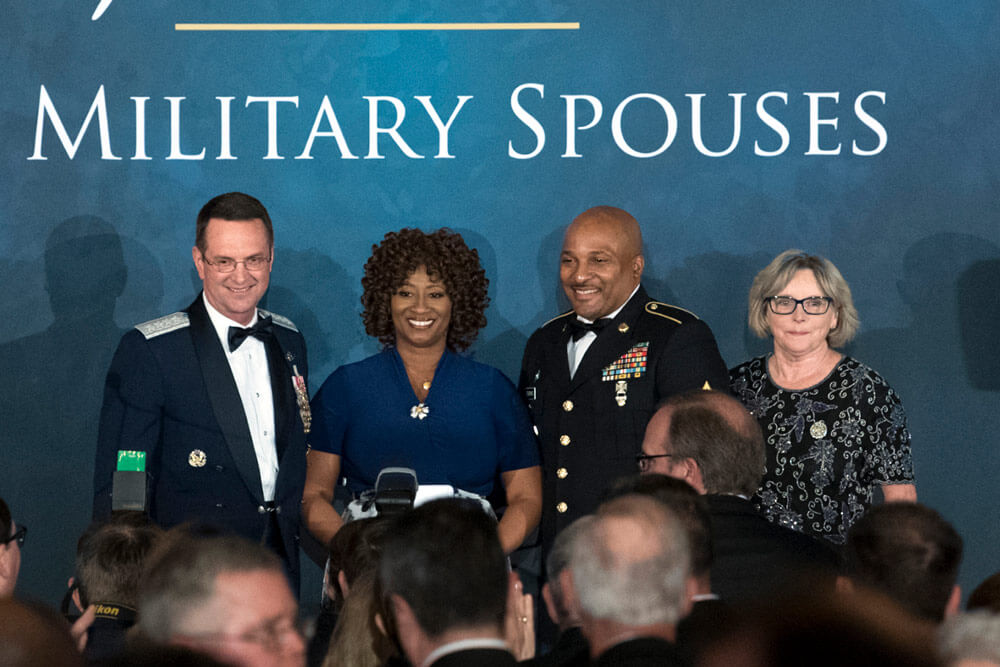Connecting Your Family to Your Unit
When a unit deploys, it’s a well-known fact that Soldiers and their Family members often struggle with the separation and feeling of disconnectedness from one another. What may not be so well known is that the Army has an entire program dedicated to supporting Soldiers and Families during times of separation. Family Readiness Groups (FRGs) provide a vital support service by acting as a bridge between deployed unit members and their Families.
FRGs are official command-sponsored organizations with the goal of developing friendships, sharing support and providing information among a unit’s Soldiers, their Family members and extended Family members. FRGs provide an avenue of mutual support and assistance, and a network of communications, helping members better cope with deployment and become more self-reliant. Initiated by the unit commander and led by a capable volunteer-spouse, each individual FRG consists of National Guard spouses, parents, siblings, friends and others who are close to Guard Soldiers.
“[Membership] depends on who the Soldier wants to have involved and if those individuals want to be involved,” said Jessica Koch, FRG coordinator for the Oklahoma Army National Guard’s Alpha Troop, 180th Cavalry Regiment.
Each FRG is unique and its activities depend on its leadership and member requests. Generally, groups will provide an array of activities that keep members connected and involved. Koch’s FRG holds monthly conference calls, sends newsletters and holds social events like attending baseball games and going blueberry picking.
FRGs provide Family members with a connection to their Soldier’s unit directly through the commander. The feeling of connection helps Family members maintain a positive outlook about the unit and its mission.
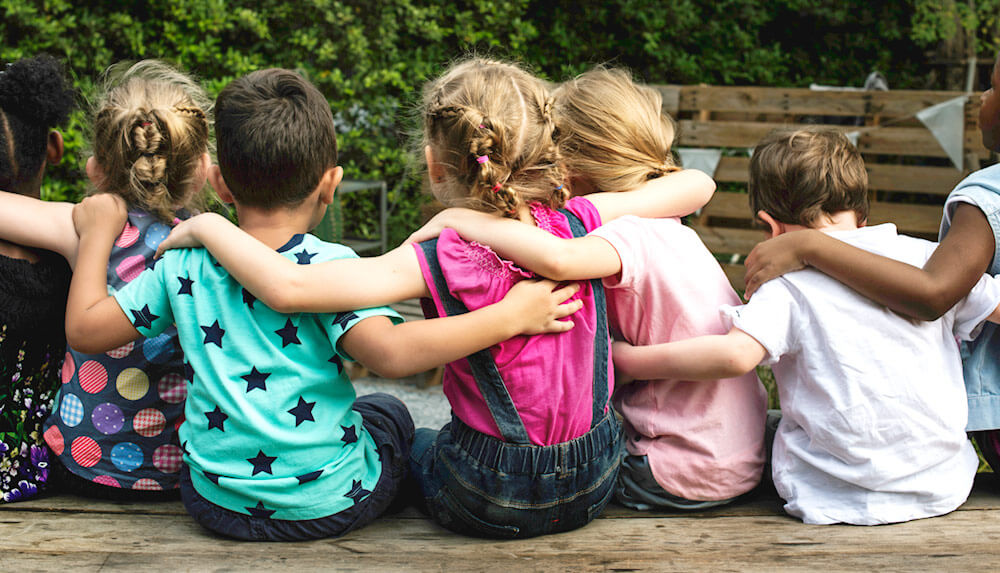
“[Speaking] as a Family member during my brother’s three deployments and now my husband’s first deployment, FRGs are extremely helpful because you feel like you are supported by a group bigger than yourself,” Koch said. “Deployments tend to be a very lonely time. But when you have an immediate connection with people who are going through the same thing, it definitely helps.”
The groups also provide comfort to the Soldiers by allowing them to feel reassured that while they are deployed, their Family members have a positive environment with access to helpful resources and reliable information about the unit. This can be a meaningful stabilizer for Soldier performance in the unit, and an enhancer of psychological readiness to fight.
Through FRGs, Family members are also exposed to benefits options and programs that may be lesser known in the National Guard community at large.
“It gives us an opportunity to share information and opportunities with Family that they may not otherwise receive,” explained Koch. “For example, information about TRICARE or just the fact that during deployment, Families can be members of the YMCA for free.”
For Family members wanting to get involved with their unit’s FRG, Koch recommends speaking with their Soldier first to find out the best method of contacting the unit command.
Koch explained, “I’ve heard of units that do not have an FRG and if they don’t, people can step up and form an FRG. We started our FRG from scratch last year.”
For those worried about a time commitment, Koch emphasized that the level of involvement is completely up to the individual member.
“It does not have to be time consuming,” she explained. “You get out of it what you put into it. And that goes for whether you are just participating or you are part of the leadership side.”
Koch said she hopes every Family member who wants to join an FRG gets to experience the worthwhile benefits the groups provide.
“I had one mom who teared up telling me that she is grateful to be a part of this Family,” Koch recalled. “I wish for everyone to have that same connection.”
By Staff Writer Tatyana White-Jenkins
